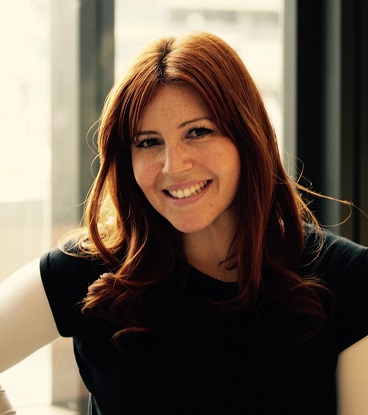11 Oct 2022
Kind leaders achieve greater success
CEOs are more vulnerable than ever before; leaders are bolder, acknowledging burn-out is real and word is getting out - the secret to building high performing teams is being more human.
Just ask Graeme Cowan, founding board director of RU OK?, about leading with kindness, compassion, and resilience. I did, in this latest Leadership podcast.
“When leaders demonstrate ‘self-care,’ we’re 31 per cent more productive, 37 per cent more influential and 300 per cent more creative – these are compelling reasons for looking after ourselves and others.” - Graeme Cowan, founding board director of RU OK?
Graeme says when leaders demonstrate ‘self-care,’ we’re 31 per cent more productive, 37 per cent more influential and 300 per cent more creative – these are compelling reasons for looking after ourselves and others.
It’s particularly important post pandemic where burnout has risen to 40 per cent globally in October 2022, an 8 per cent rise since May, according to Future Forum 2022 report. And there’s a notable gender gap with women showing 32 per cent more burn-out than their male counterparts.
“It really shows that we need to talk more honestly about this, authentically and just to make sure that people know that’s it OK not to feel OK.”
Jacinda Ardern’s resignation as New Zealand’s prime minister was a headline case study. She explicitly referred to burnout, noting she had “nothing left in the tank”. Yet in many polls, globally, she was identified as one of the most inspirational leaders globally.
Asked about her legacy, she said she wanted to be remembered for kindness. Indeed if you ask the artificial intelligence generator ChatGPT for the terms most associated with Ardern, near the top are kindness, compassion, empathy – and leadership.
If we ignore the human element of our lives and work, the economic implications are clear. For us and our companies. When you do not have an engaged team, productivity suffers.
The global research firm Gallup found a direct correlation with engagement and discretionary effort: “Engaged employees care about the future of the organization and are willing to invest discretionary effort – exceeding duty’s call – to see that the organization succeeds.”
Graeme says when more people strongly agree with the statement “my supervisor or someone at work seems to care about me as a person,” we see higher profits customer service and higher productivity.
And the same goes with building human bonds in teams. A well-known Google study on building the perfect team - titled Project Aristotle - proved human bonds matter as much at work as anywhere else.
“The behaviours that create psychological safety — conversational turn-taking and empathy — are part of the same unwritten rules we often turn to, as individuals, when we need to establish a bond,” the study found. “And those human bonds matter as much at work as anywhere else. In fact, they sometimes matter more.”
In a recent poll, Graeme asked his network to select the top elements of a successful team. Not surprisingly, the top 3 results were:
1. We had each other’s back,
2. We cared about each other, and
3. We enjoyed working together.
“That is the nucleus of great teams,” he says.
From our fascinating conversation, Graeme called out some key points for action:
· Leaders must be the models and demonstrate team-care.
· When assessing the performance, productivity and wellbeing of the team, try asking the following three questions:
1. Do we feel connected? (My team members feel a sense of belonging)
2. Do we feel safe? (They can be their authentic selves)
3. Do we have a shared future? (The team is involved in the future. It's not always a democracy but my team members feel heard)
· Explore learning and training for teams and learn how to create a culture of care, how to spot someone who may be struggling - and how to have the ‘RU OK?’ conversation.
Leaders have a huge opportunity ahead; to build successful teams and change lives in the process.
May your 2023 growth plan embody this; “Mental Health is a team sport, and your manager is the chief mood officer.”
Carina Parisella is Workforce Tribe Lead, ANZ and bluenotes innovation editor.
The views and opinions expressed in this communication are those of the author and may not necessarily state or reflect those of ANZ.
editor's picks
15 Mar 2022
